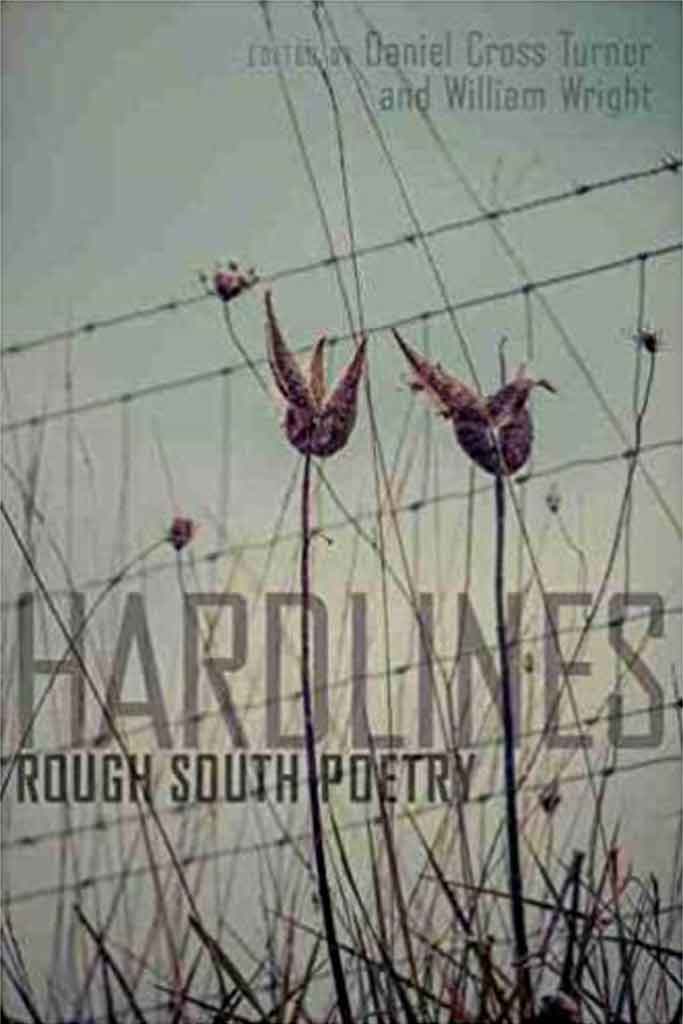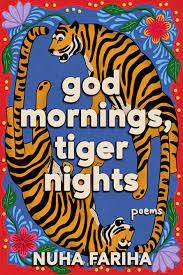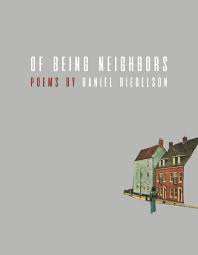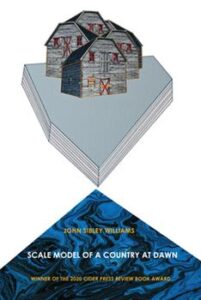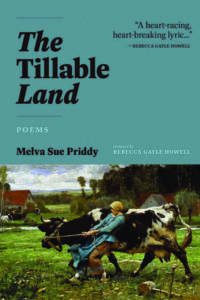Review by Paige Sullivan // November 14, 2016
University of South Carolina Press, April 2016
Hardcover, 312pp. $49.99
Hard Lines: Rough South Poetry anthologizes contemporary Southern poetry filled with the “visceral, gut-level realism” of a gritty South that swiftly denounces “the sweet-rotten effluvium of magnolia in the moonlight.”
Readers will find 20th and 21st century Southern poetry stalwarts–James Dickey, Charles Wright, David Bottoms, Leon Stokesbury, Yusef Komunyakaa, Dave Smith–represented, but the editors make admirable gestures toward a more inclusive listing of Southern poets, many of whom they describe as “part of what’s changing the definition of the South […] a place of transregional, even global connectivity,” such as Natasha Trethewey, Allison Adelle Hedge Coke, Kwame Dawes, Frank X Walker, Tarfia Faizullah, TJ Jarrett, and Ricardo Nazario y Colon, to name a few.
Much of the subject matter and imagery of Hard Lines will be familiar to Southern literature readers. Jeff Mann’s “The Shepherdstown Sweetshop,” Christopher Martin’s “Visiting Wildman’s Civil War Surplus and Herb Shop,” and an excerpt of Natasha Trethewey’s “Native Guard” all contend with the living legacy of the Civil War. Jake Adam York takes on the loss of innocence and loss of lives during the Civil Rights Movement in his “Inscription for Air,” and Terrance Hayes reflects on his complex relationship with South Carolina’s racially-fraught history in “Palmetto State”: “If I say ‘I love you’ more // Than ‘I hate you,’ if I say ‘I love you’ several times / A day it will accumulate truth, South Carolina.”
Hunting, fixing cars, and baking pecan pies find their way into these pages, too, but in equally fresh, compelling ways. While poems like Paul Ruffin’s “Gigging Frogs” depict the stealth and glory of animal conquest, Michael Chitwood’s harrowing hunting memories in “Skinning” –“he’d pull the fur down the body and over the head / the same way you’d tug the pajamas off a child”–makes for a neat complement that puts pressure on such a hyper-masculine tradition.
Tarfia Faizullah’s “Nocturne in Need of a Bitch,” however, contains little to no instances of Southern “iconography” (it takes place not on a country road but in an urban environment), and yet it remains one of the collection’s most potent pieces–“Tell me why being human is so lonely, / why this man turns now to embrace // no one beside him”–proving that “regional” writing is boundless in its universality.
Hard Lines is best read slowly, a few strong poems at a time. It celebrates the enduring tradition of the narrative in Southern poetics, and the collection is at its most thought-provoking when poems embody a present-South that interrogates its past-South shadow. There are too many exceptional poems to list in this single review, but a poem like Hastings Hensel’s “Jump-Start” seems to best encapsulate the goal of Hard Lines: “To forgive what’s said, that’s the trick, / but don’t forget, remembering now / how not to get shocked bringing back / the dead[.]”
ABOUT THE REVIEWER
Paige Sullivan recently completed her MFA at Georgia State University, where she also served as the poetry editor of New South. Her poetry and prose have been published in Terminus, Mead, American Literary Review, the Bitter Southerner, and elsewhere. She currently lives and works in Downtown Atlanta. Find her online at @bpaigesullivan / bpaigesullivan.wordpress.com.


